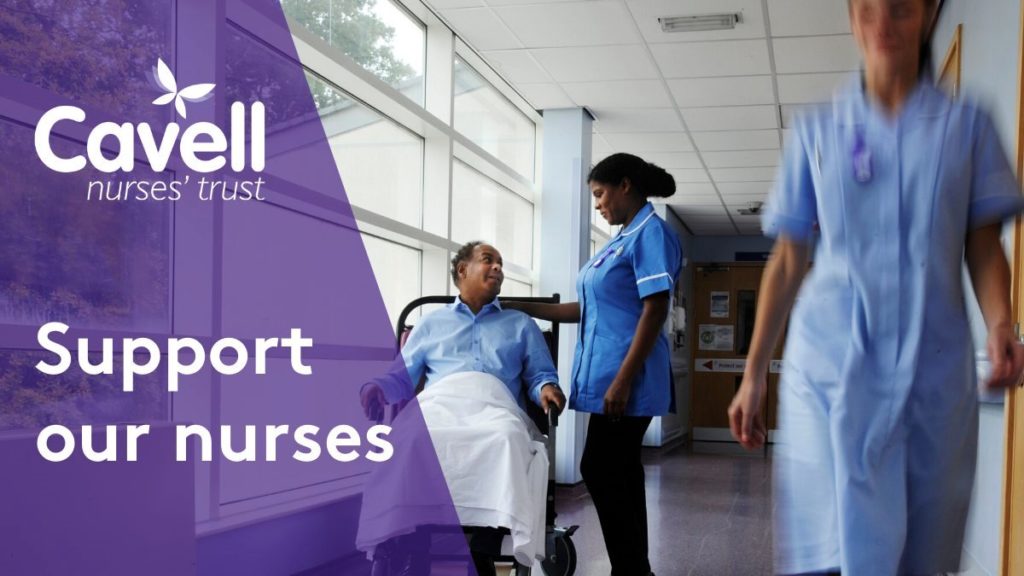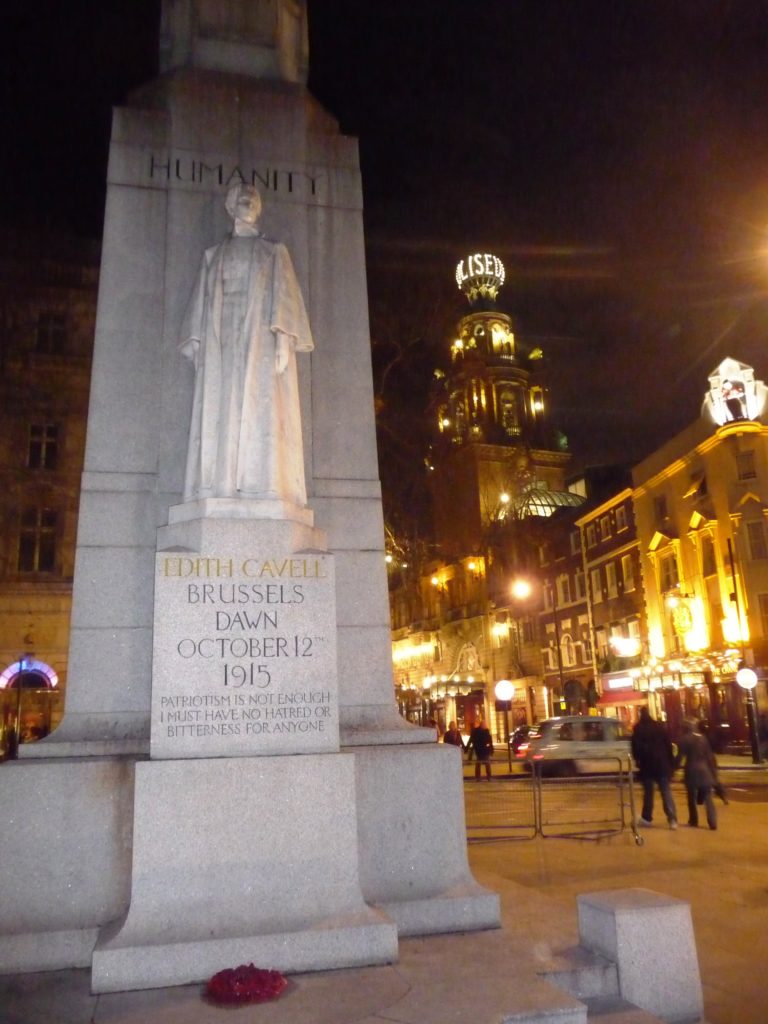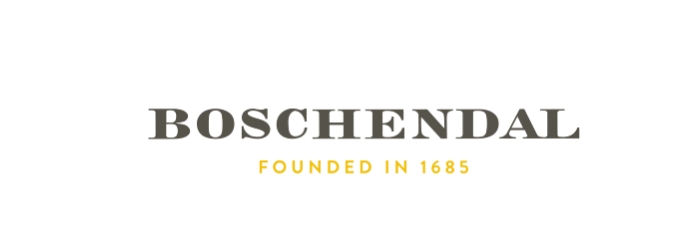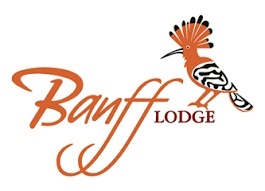Can you help a UK-registered charity help nurses, midwives and healthcare assistants, both working and retired, when they’re suffering personal or financial hardship?
From simple, essential support like money to repair a broken cooker or boiler, to vital life-changing aid like helping a family flee their home due to domestic abuse, the Cavell Nurses’ Trust offers practical help. The numbers seeking help from this small but hugely respected charity increases year on year. In March 2020, the number of downloads of the charity’s welfare application form TRIPLED. With extra pressures on many nurses due to Coronavirus, support for its work has never been more important than right now. Swahili Coast Foodie invites our UK readership to consider supporting this reputable and long-established Trust if you are looking to make a donation for a good cause.
John Orchard, the chief executive told Nursing Times earlier this month: “It’s wonderful to know that so many people cherish the nursing and midwifery professions and are inspired to do something positive and impactful. As a team, Cavell Nurses’ Trust feels that its real work is yet to be done. Once the worst of the pandemic is behind us and people are trying to return to a new ‘normal’, we predict that those frontline nursing and midwifery staff giving so much now may need long-term support later in the year and into 2021.”

Edith Cavell was a British nurse during the First World War. She is remembered for saving the lives of soldiers from both sides and in helping over 200 Allied soldiers escape from German-occupied Belgium. In 1896, Edith began her training at the Royal London Hospital in Whitechapel, under Matron Eva Lückes, a friend of Florence Nightingale. After completing her nurse training in 1898, Edith held a number of roles in British hospitals before being invited to Brussels (where she had worked before entering nursing) to nurse a sick child. Edith was invited to be Matron of the first Nursing School in Belgium, L’École Belge d’Infirmières Diplômées’.
At the time of the outbreak of the First World War, Edith was at home in Norwich visiting her family. She told those closest to her that “at a time like this, I am more needed than ever” and made plans to return to Belgium. Edith cared for all the wounded, regardless of nationality. She was greatly criticised by many at the time for assisting the German and Austrian soldiers, when they were fighting against the British. Edith soon began to work with others to smuggle the Allied soldiers under her care, out of the hospital and across the border to neutral Holland. It is believed that she saved the lives of over 200 men thanks to her bravery.

After a lengthy investigation, the suspicions of the German Officials grew and Edith, along with others, was arrested and sent to trial. Edith was found guilty of treason and sentenced to death by firing squad. At dawn on 12th October 1915, despite international pressure for mercy, Nurse Edith Cavell was put to death by a German firing squad. Her execution received worldwide condemnation and extensive press coverage.
In 1917, The Daily Telegraph and The Mirror newspapers in the UK launched a national appeal for funds in her memory. The fund was intended to be used for nurses “shattered mentally and physically, who have sought the health of others at the expense of their own.”
The fund came to be known as the Nation’s Fund for Nurses, which later became Cavell Nurses’ Trust. Today the Trust is a registered charity supporting UK nurses, midwives and healthcare assistants, both working and retired, when they’re suffering personal or financial hardship often due to illness, disability, older age and domestic abuse.
To find out more visit https://www.cavellnursestrust.org/










